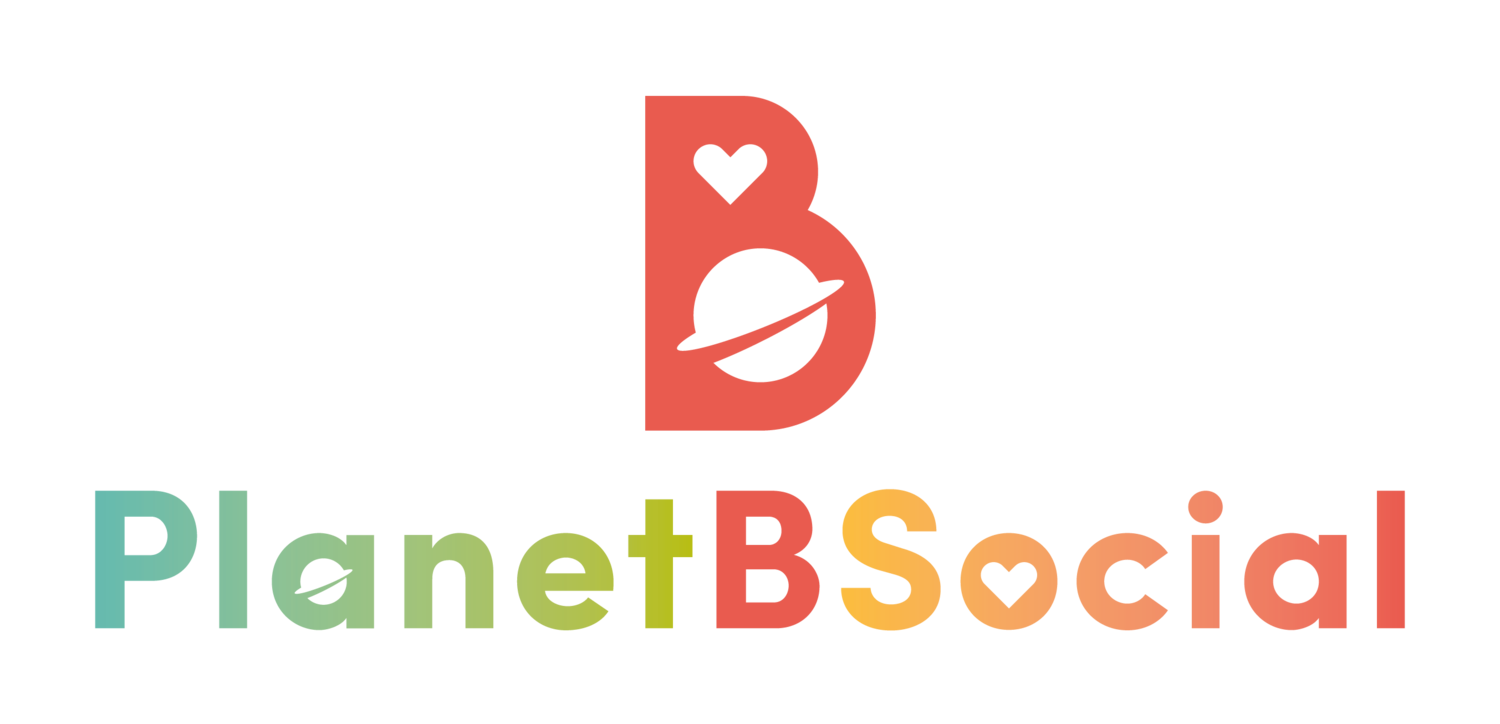It takes an (eco) village…
Facebook (and Instagram) advertising is a GREAT way to reach and convert your ideal customers. But it’s only one part of the picture. It should feed into an overall marketing strategy, and it often pays to have an expert on board to support your eco-business.
Here I speak to Pollyanna Durbin, founder of GROWFISH, a sustainable marketing agency with a difference…
Growfish is a sustainable marketing agency - can you tell as little about what that entails?
Growfish is a sustainability-focused digital marketing and comms agency that provides planet-friendly marketing solutions for businesses wanting to increase visibility and impact. From building greener, more efficient websites to helping brands communicate their purpose. We offer copywriting, social media management, PPC and social ad management, ESG reporting, and more. We use our expertise to help brands achieve meaningful growth.
Who was Growfish set up to help?
Growfish is for small to medium-sized businesses interested in finding their voice, improving their positive environmental impact, and increasing profits. It's for brands and businesses who want to achieve purposeful growth, communicate with integrity and maximise their potential. We work with clients to attain this through meaningful strategies, powerful, thought-provoking copy, and smart campaigns for visibility and impact.
Do you think eco / sustainable brands struggle sometimes to 'sell' themselves? How is it best to 'ethically sell'?
What started as a trend has become a large part of our collective social consciousness as environmental concerns are increasingly top of mind for consumers. 73% of global consumers say they would definitely or probably change their consumption habits to reduce their impact on the environment. Brands need to understand their core values and get their messaging right. When businesses communicate with integrity and operate transparently, consumers can see that a businesses values and actions are truly aligned, meaningful growth starts to happen, and everyone benefits.
What do you think of the current problem of 'green washing' and how can brands distance themselves from that?
Greenwashing is the opposite of integrity; it's the murky world of disingenuous consumer deception by pretending you have sustainable credentials when you don't. I believe, however, that consumers are savvy and intuitively know when brands are claiming virtues without putting in the hard work. Increasingly sophisticated ESG reporting will also help phase out greenwashing to an extent, as the numbers will speak for themselves.
Can you give us your top tips for making a business (any business) more sustainable from the inside?
Look at the UN's Sustainable development goals and think about every area of your business and how they relate to these targets. From your employee's modes of transport to the disposable cups in your office, all the way to whether your website hosting company is using renewable energy. All of these incremental adaptations make a difference. Alternatively, you can hire a sustainability consultant who will come in and audit your business and provide you with a clear report on what to change and what benefits will come from these changes.
Do you think the future of eco-brands and businesses is bright?
In my opinion, it has never been brighter. When we talk about new technology, we often think of Ai and small men in large rockets hurtling into space, but so many industries are evolving. Take fashion as an example, a sector that effortlessly merges creativity and industrial process and one that is historically, extremely culturally significant. The stats that have emerged from this industry are eye-opening. One kilogram of cotton, which is equivalent to the weight of a shirt and pair of jeans - can take as much as 20,000 litres of water to produce. 85% of the world's textiles end up in landfills annually, and many of these synthetic materials cannot degrade. People wonder how technologically advanced can fashion get; well, as it turns out, it's a lot. Think materials made from repurposed fruit production waste to vegan leathers and Biocourture. Material science is on a mission, and it'll only get more advanced. Exciting times ahead
Lastly, can you share any new sustainable swaps (for business for lifestyle?) that are your own personal faves?
I was looking for an alternative to cling film and foil for a long time, and then a friend introduced me to reusable food wraps. They are 100% cotton cloth and coated in plant-based wax, tree resin and jojoba oil. They are a game-changer—a perfect example of a simple swap that saves money and benefits the planet. Reusable water bottles, coffee mugs and straws are also fantastic and so reassuringly popular in such a short space of time. It is actually rare to see people using single-use plastics, even in busy central London. In 2020 the author and moral philosopher Tony Ord published 'The Precipice', which addresses the existential risk of society destroying itself. He concluded that humanity has great knowledge, but our power outweighs our wisdom. Humans, he suggests, are 'cosmically significant', but we are at a turning point. Our actions now will affect every element of life for future generations. Without us, Ord writes tenderly, 'the universe would lose the buttery sound of a brassy instrument and the noise of New York City on a May afternoon, but in optimism lies urgency.'


